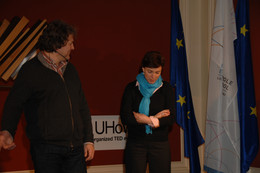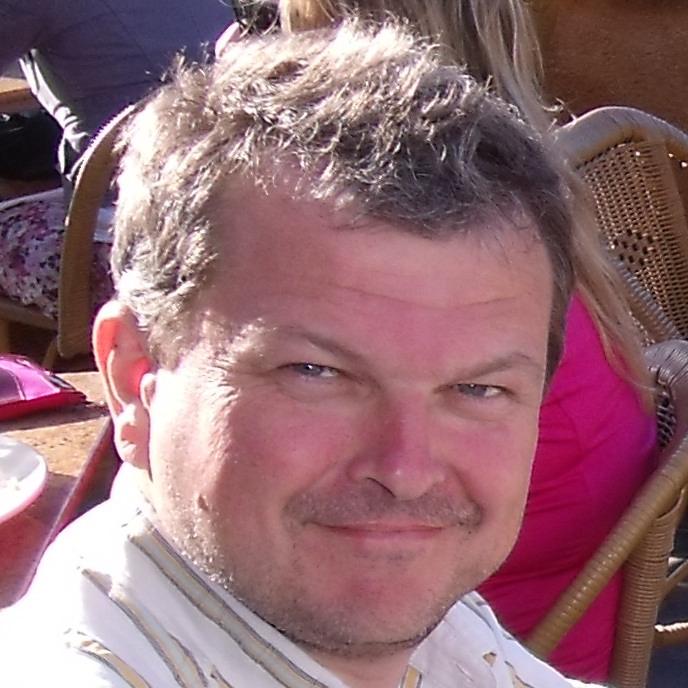In a recent article in Internet Computing, Dr. Charles Petrie, senior researcher at Stanford university, sketches a theoretical draft of the social-economic evolutions that root in the new technological possibilities of recent years. According to Dr. Petrie, the future of our businesses is in what he calls emergent collectives. These emergent collectives are spontaneously created cooperation structures between organizations, companies and individuals to the advantage of each of the participating parties in the collective. These collectives have a high degree of informality and a certain durability.
Of course, such emergent collectives have always existed. The main difference with earlier versions of these collectives is the fact that geographical proximity is no longer an issue. Due to recent technological developments, the social fabric that was up till now always virtual and connected to the geographical proximity of the companies and individuals that make up the fabric, has become real. The Internet can be considered as the factual nerve system of humanity.
These technological developments are (amongst others):
* on-line knowledge repositories: efficient search engines (Google) and comprehensive on-line encyclopedias (Wikipedia)
* Web 2.0: the creation of two-way communication and temporal buffering, with on-line social networks as a consequence (Facebook, LinkedIn, Twitter, …)
* mass-enabling applications: crowd-sourcing, recommendation systems, trust building and group enabling through web-based interfaces that tap the intelligence and/or the power of the crowd
* mobile and ubiquitous communication: always on-line with the netbook or smartphone
* Web 3.0: on-line availability of structured intelligence through semantic networks
* virtualization and cloud-computing: computing needs are no longer isolated from the rest of the world
For several years we have seen the benefits of these new forms of cooperation in specific highly technological oriented communities, like software developers (open source software) or knowledge workers (Wikipedia e.a.). These technologies are getting so generalised by now that we begin to see the effects of these collaborations in other not so technologically oriented domains.
One could conclude that we are on the verge of a fundamental development that makes previously successful methods and practices obsolete or at least sub-optimal. One of our main questions is how to transform an economy that is rooted in pre-industrial practices (like the European, and more specifically, the Flemish, economy), and that for this reason has missed out on some of the advantages of the industrial epoch (a burden that American companies did not have to bear), into an economy that is ideally positioned for the “new world”. The fact that our economies are rooted in medieval traditions, such as local trade and guilds, which makes our economies largely SME-economies, is for the new economic model an advantage. Regional independence and specialized craftsmanship that made our economies flourish in the Middle-Ages, was under high pressure in the industrial age. Equalization and standardization were the industrial credos. Thanks to the new communicative methods of recent years, the old ways regain their attractiveness. The advantage that became a disadvantage is an advantage once again.
In this TEDx conference we will try to clarify where emergent collectives are already at work, in what sense they lead to more prosperity and innovation and how we can make these emergent collectives more durable.
Graaf Karel de Goedelaan 5
Kortrijk, West-Vlaanderen (nl), 8500
Belgium
- Event type:
- University (What is this?)

